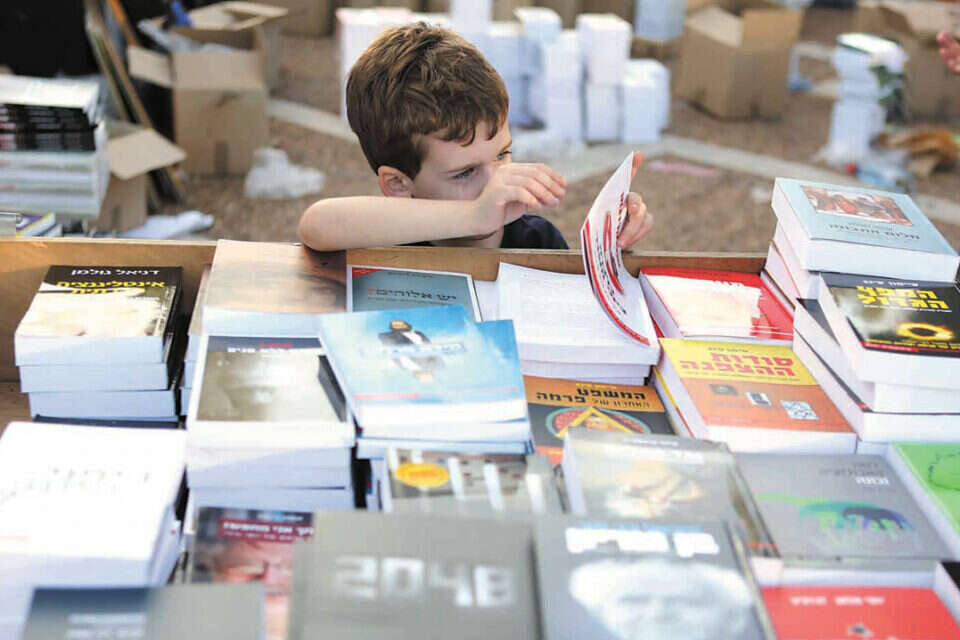We are celebrating Hebrew Book Week on the 150th anniversary of Bialik's birth. But what would the national poet say about the state of Hebrew literature and language today? He must have been horrified by the gap between spirit and action. The data show a significant decline in the percentage of children and youth who read.
The results of the recently published Peerless Test (PIRLS) indicated a drop in language literacy in Israel. Israel's stagnation on international language tests is not new, nor can it be attributed solely to the COVID-2016 pandemic – already in <>, data indicated a dramatic decline in reading abilities, and the results of the national language test published last summer confirmed: one in four students has difficulty reading comprehension.
In an age full of screens and instant gratification, books have been pushed aside, but screens are not the sole culprits. There is a direct connection between Israeli children's sense of disgust with reading and the education system's conduct in the field of language.
If we ask teachers and students in Israel why they should read books, we will probably get answers such as "to learn new things" or "expand vocabulary." Few will answer: "Simply because it's fun." The answers reflect didactic discourse, which focuses on measurements and outputs. Reading is perceived as an activity that promotes skills required in school, and literature is recruited for educational-value needs. In the absence of a personal example at home, try to convince the children that this is not the case.
The fact that literary studies are not separated in elementary schools from the goals of language education tells us about the undeclared perception of the education system: reading books has become a functional tool for advancing language literacy skills. The curriculum addresses the contribution of literature to the child's inner world, and exposure to beautiful literature is a defined goal in the curriculum – and yet, no significant achievement has been recorded in this area.
Young children have internalized that behind the solicitation of reading, including our parents at home, lies a strategic educational move. Thus, for example, in elementary schools, morning reading became a regular ritual. The school day begins with an independent morning reading and the children read a book they brought to class. Many times, the morning reading ceremony turns into a spectacle in which students try to impress teachers and friends with "right" book choices. Some of them do not interest them or do not match their abilities, in order to cover up the low motivation and the frustration and guilt that this entails.
But the destructive reduction of reading is not a divine decree. We must see reading as a value in itself, and a habit that contributes enormously to the mental well-being of every person, especially children. Such models are implemented in countries such as Finland, where reading is a strategic national goal to promote the mental well-being of its citizens and values such as fairness and equality. Workplaces, educational institutions, government organizations, and even cultural figures and online influencers are mobilized in the national movement to encourage reading.
For example, visiting schools by famous footballers and integrating them into reading is not uncommon, and schools have designated reading spaces such as hammocks, mattresses and armchairs. This year marks the fourth year that Finland has defined autumn vacation as a "reading holiday" in a special campaign. This is what it looks like when an education system sets goals, but does not intervene or dictate teaching methods. This is what it looks like when reading is a strategic goal, and teachers and schools have freedom of action. The pressure on the system decreases, and the output is not impaired but increases.
In order to save the joy of reading, a comprehensive change in perception regarding it is required, and this is no less than a national mission. But until decision-makers come to their senses, we as parents need to be aware of the discourse we have around reading and give more space and respect to our children's literary tastes. And, of course, and perhaps this is the most difficult step to take - to read for ourselves.
Wrong? We'll fix it! If you find a mistake in the article, please share with us

